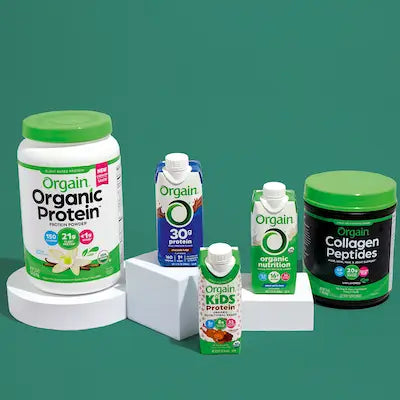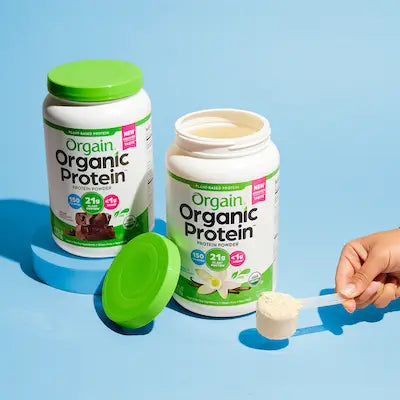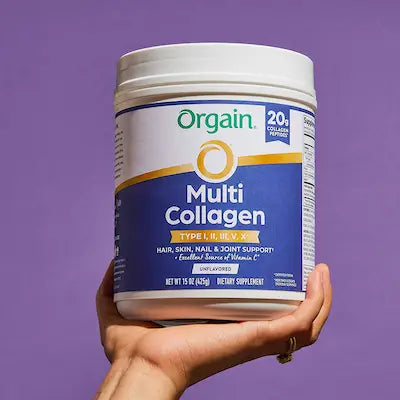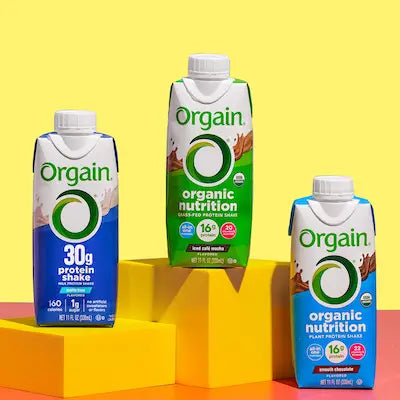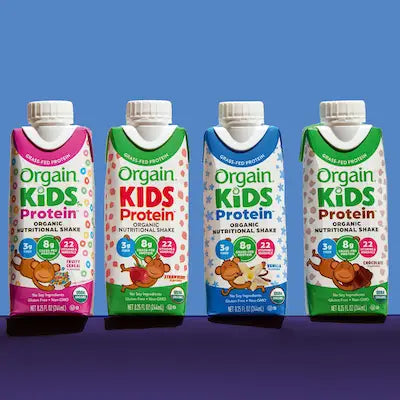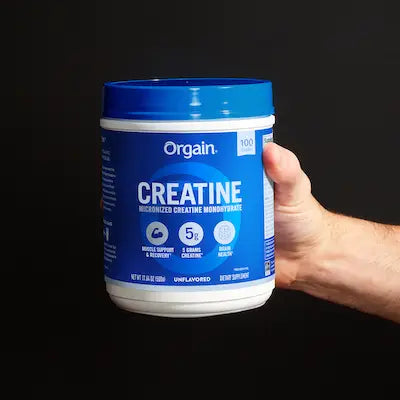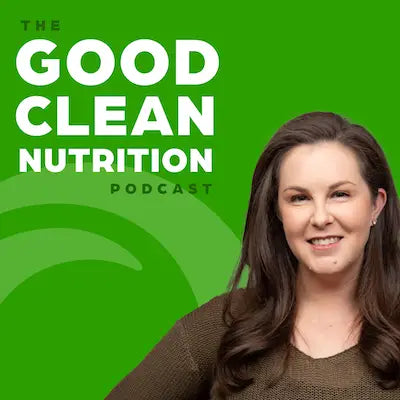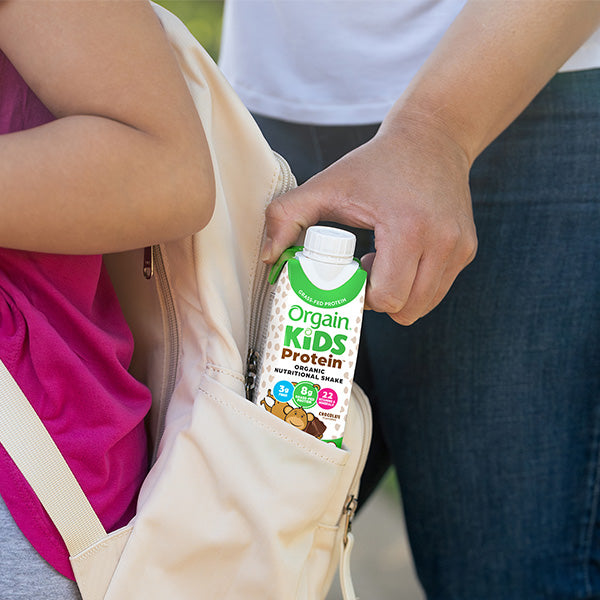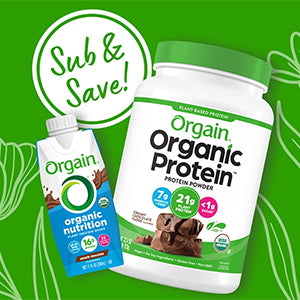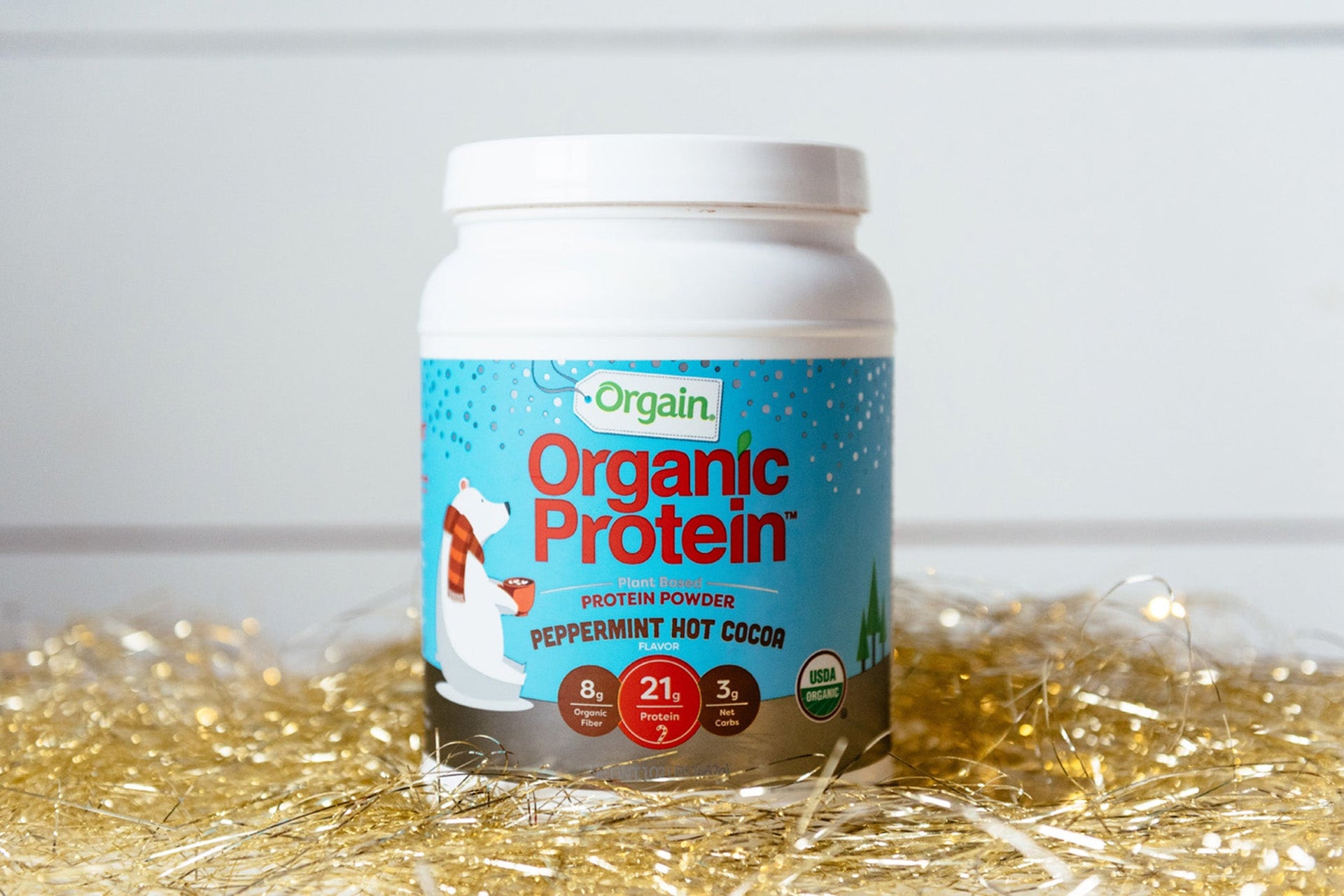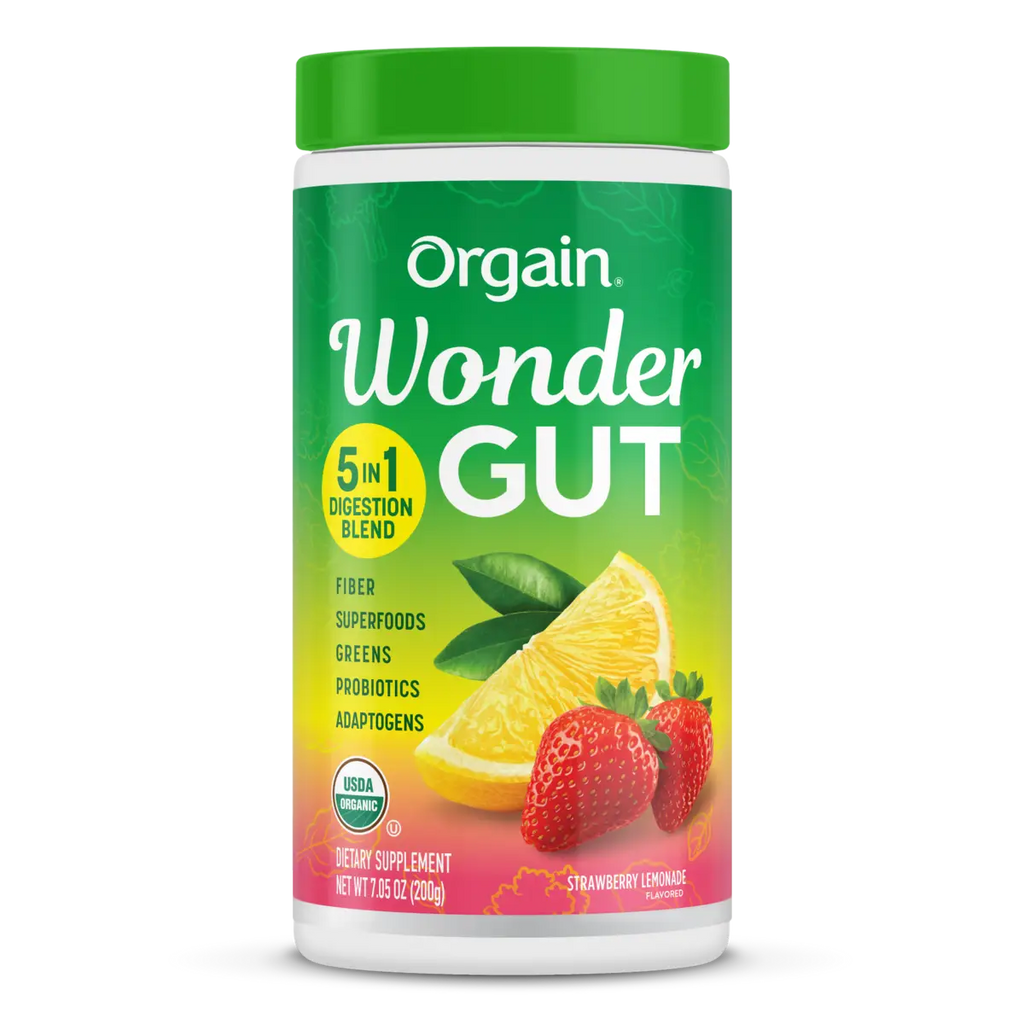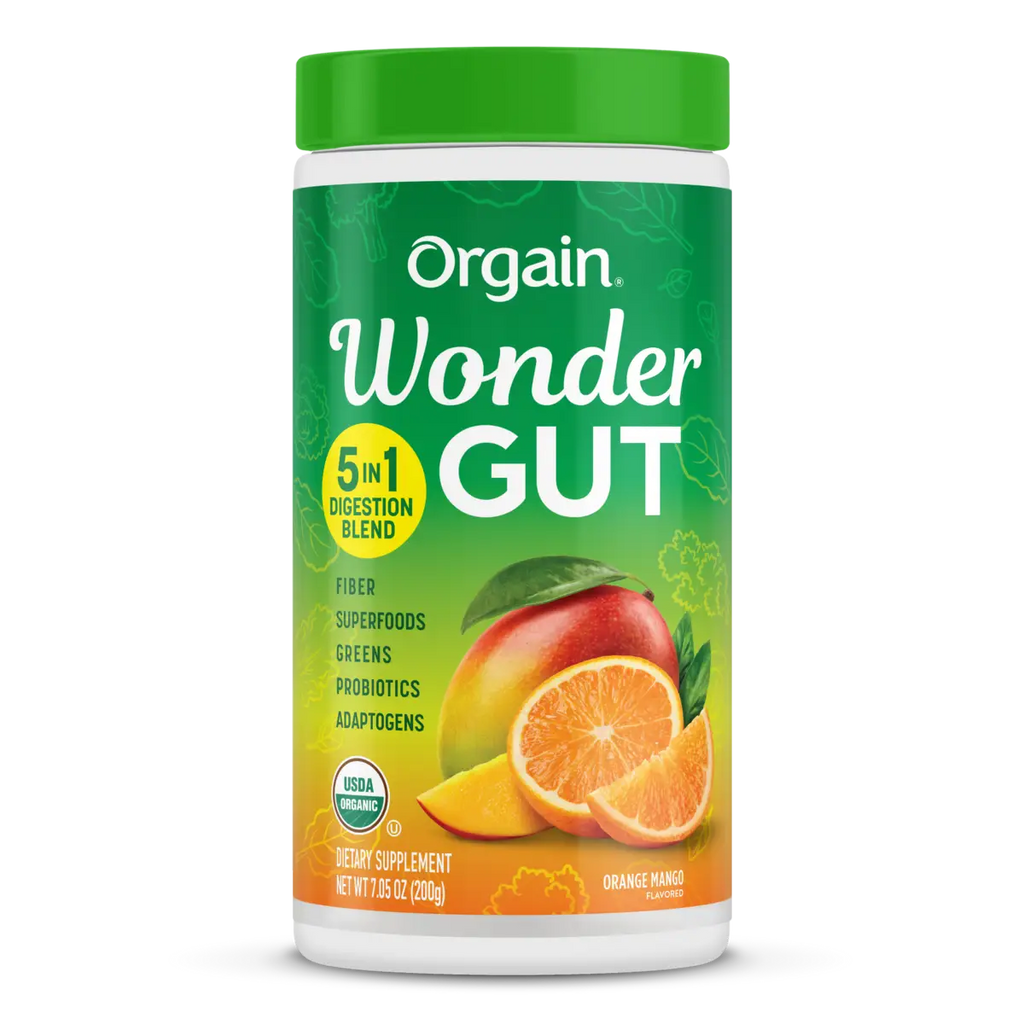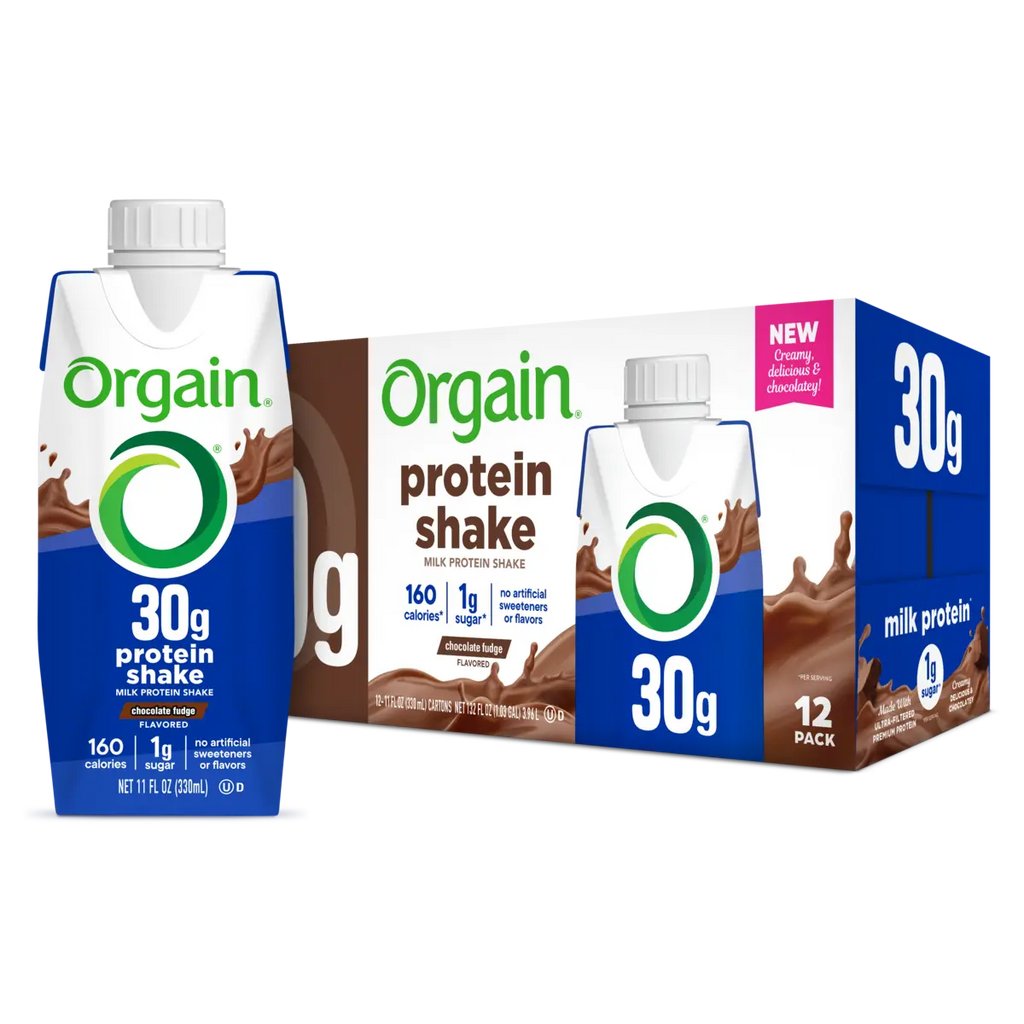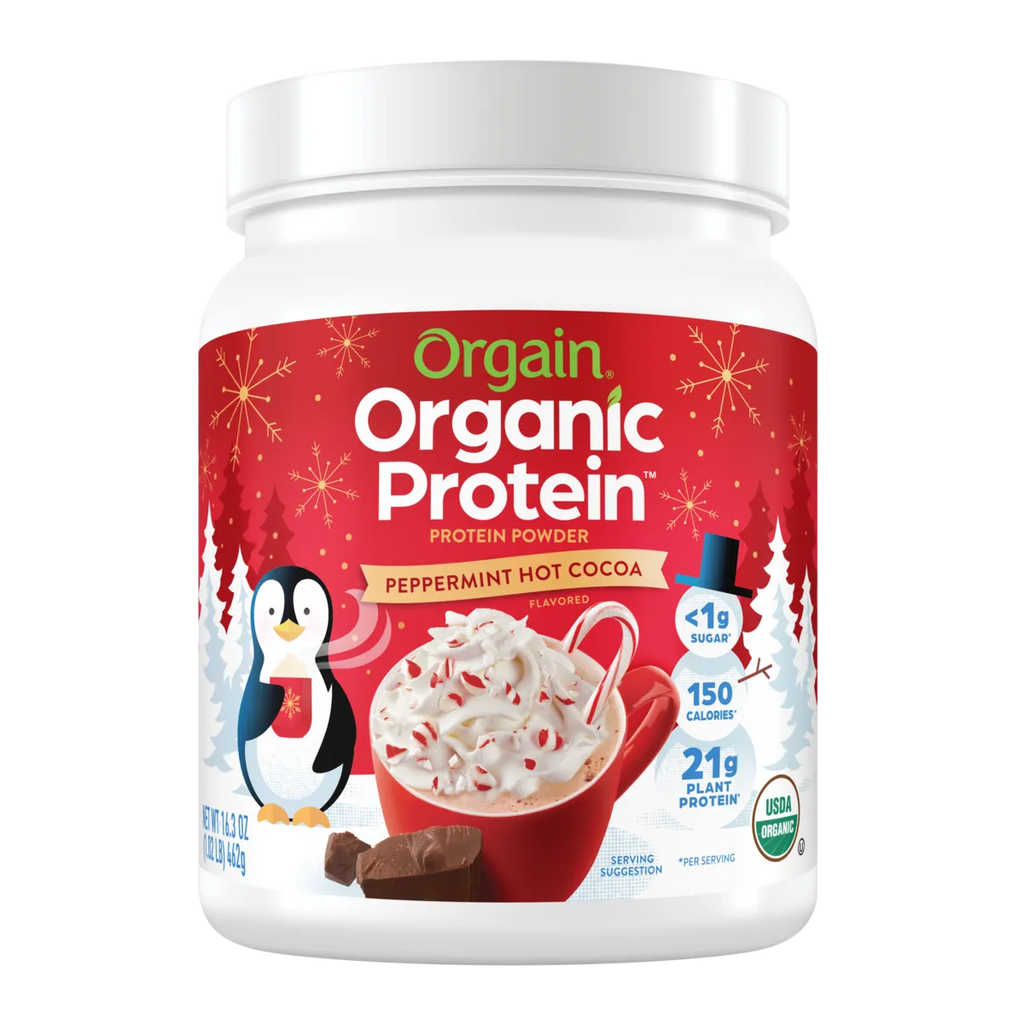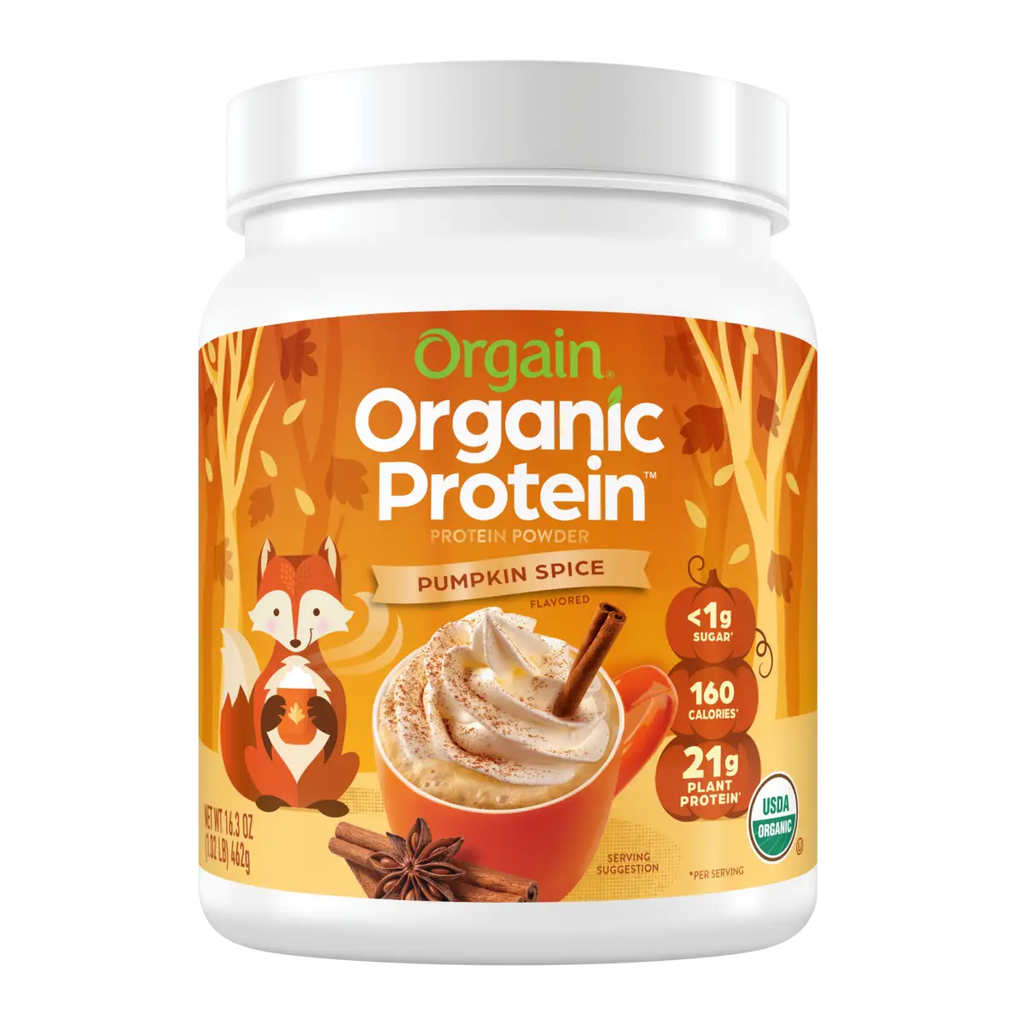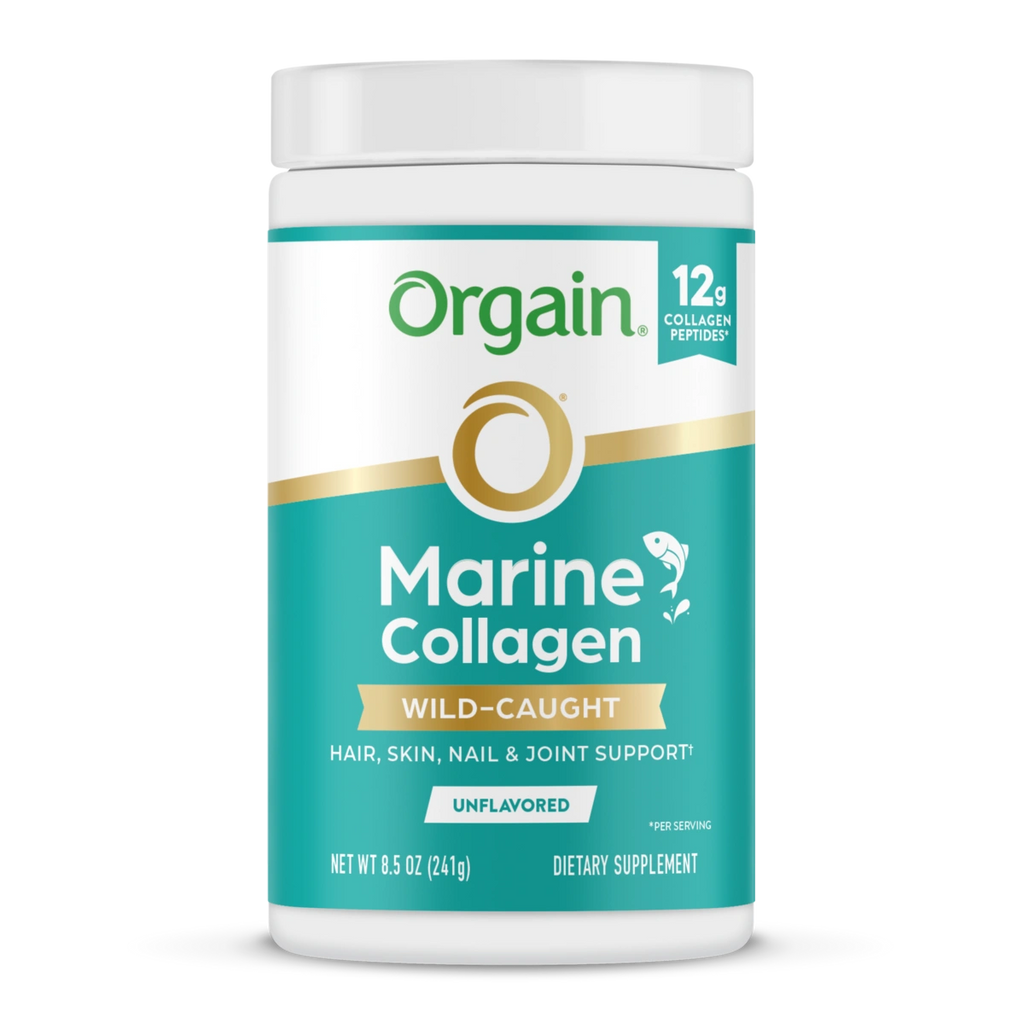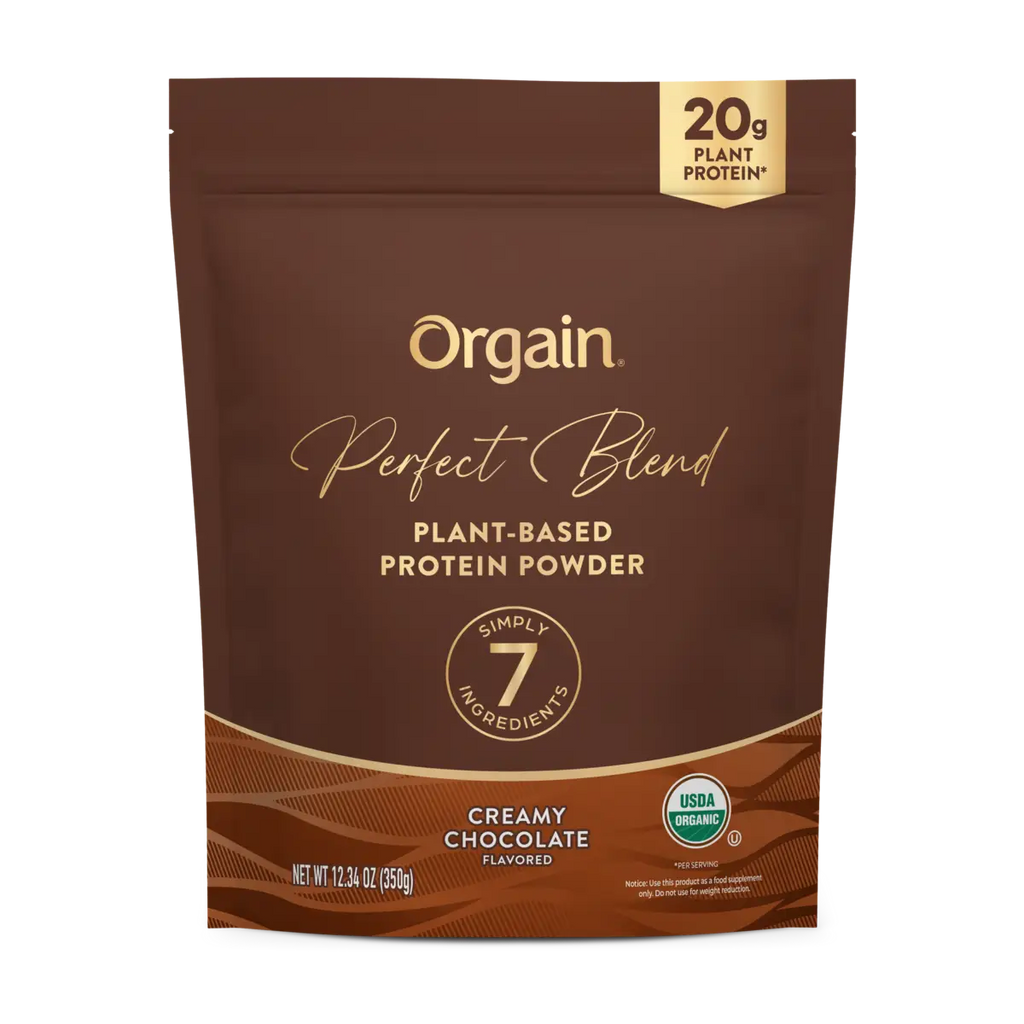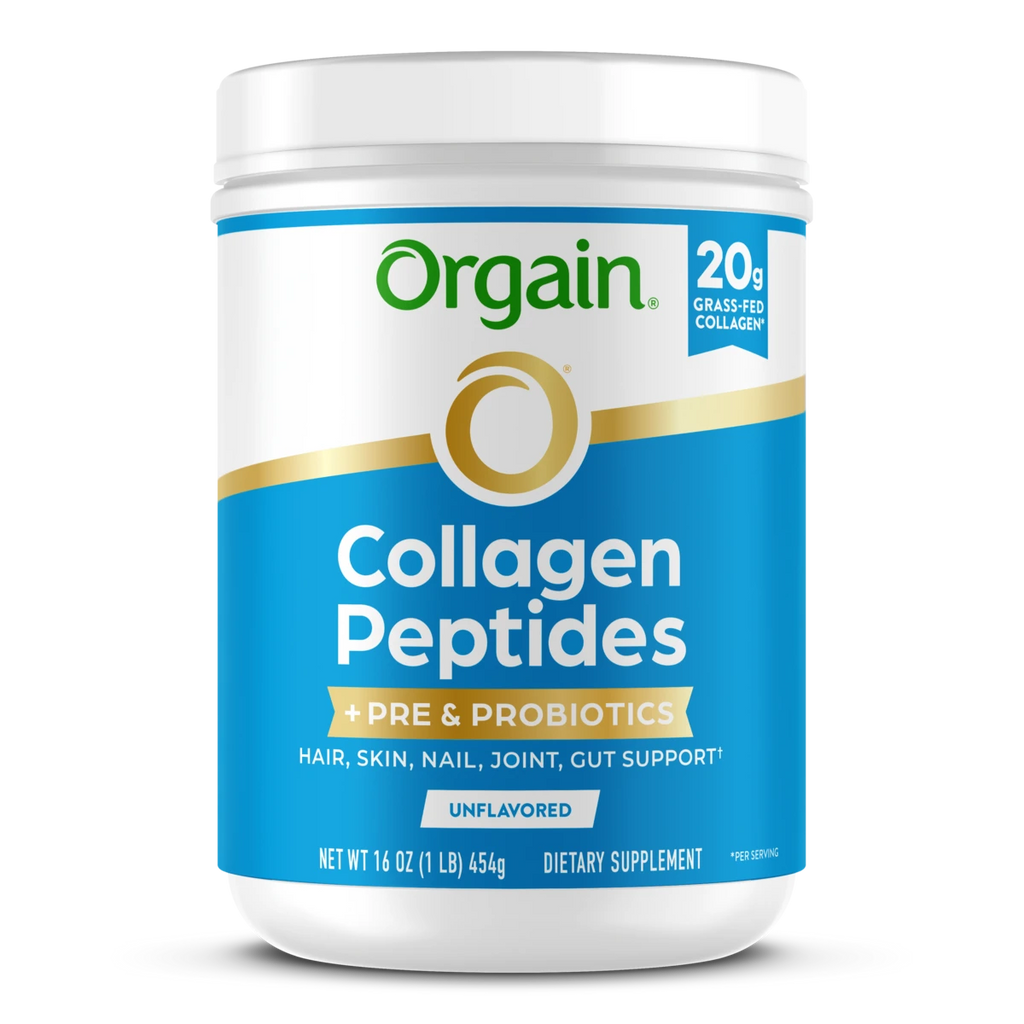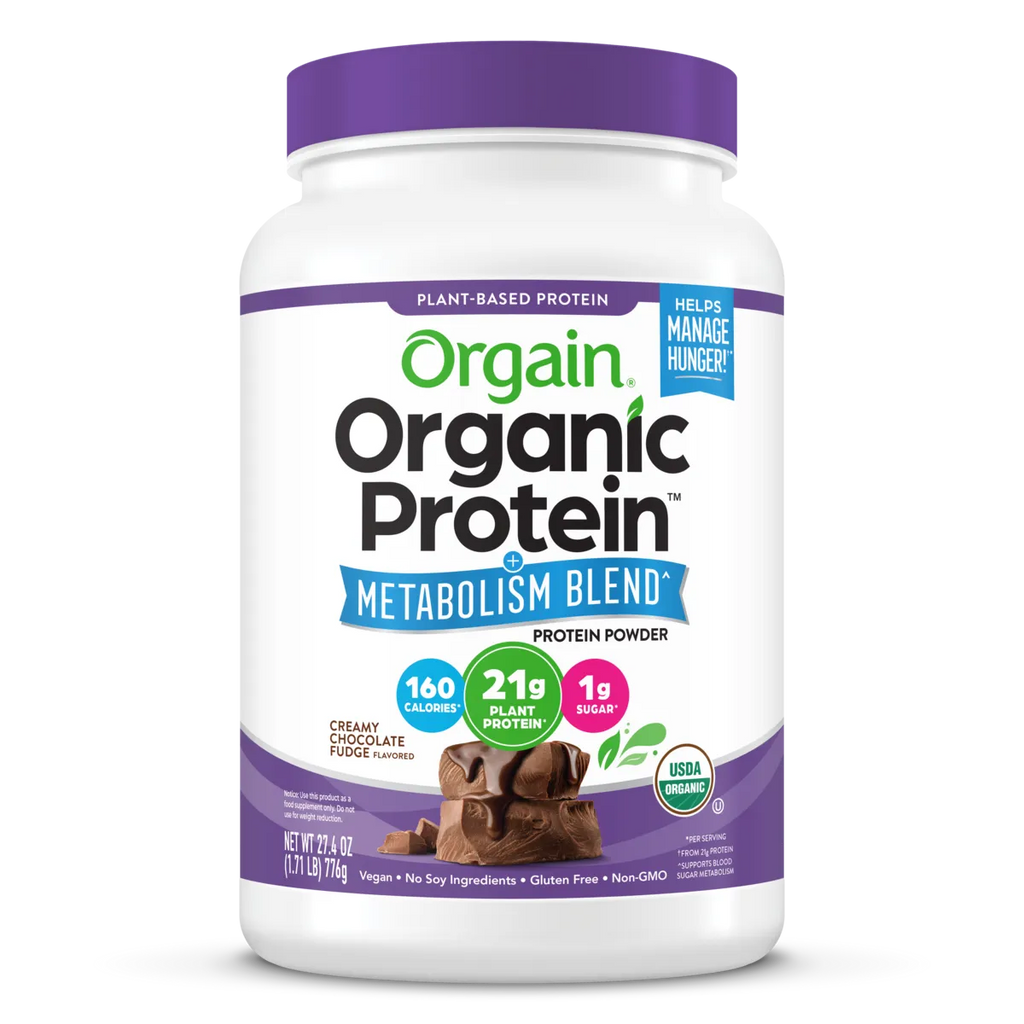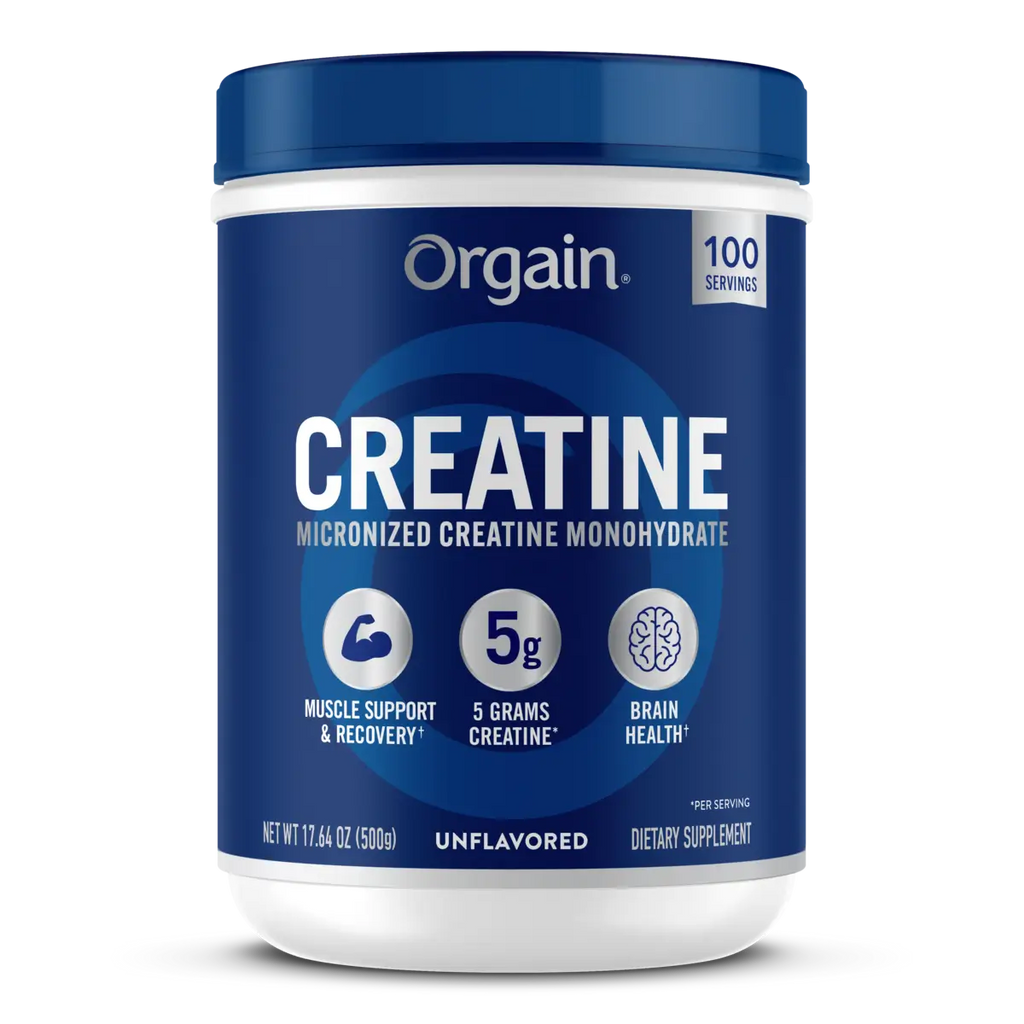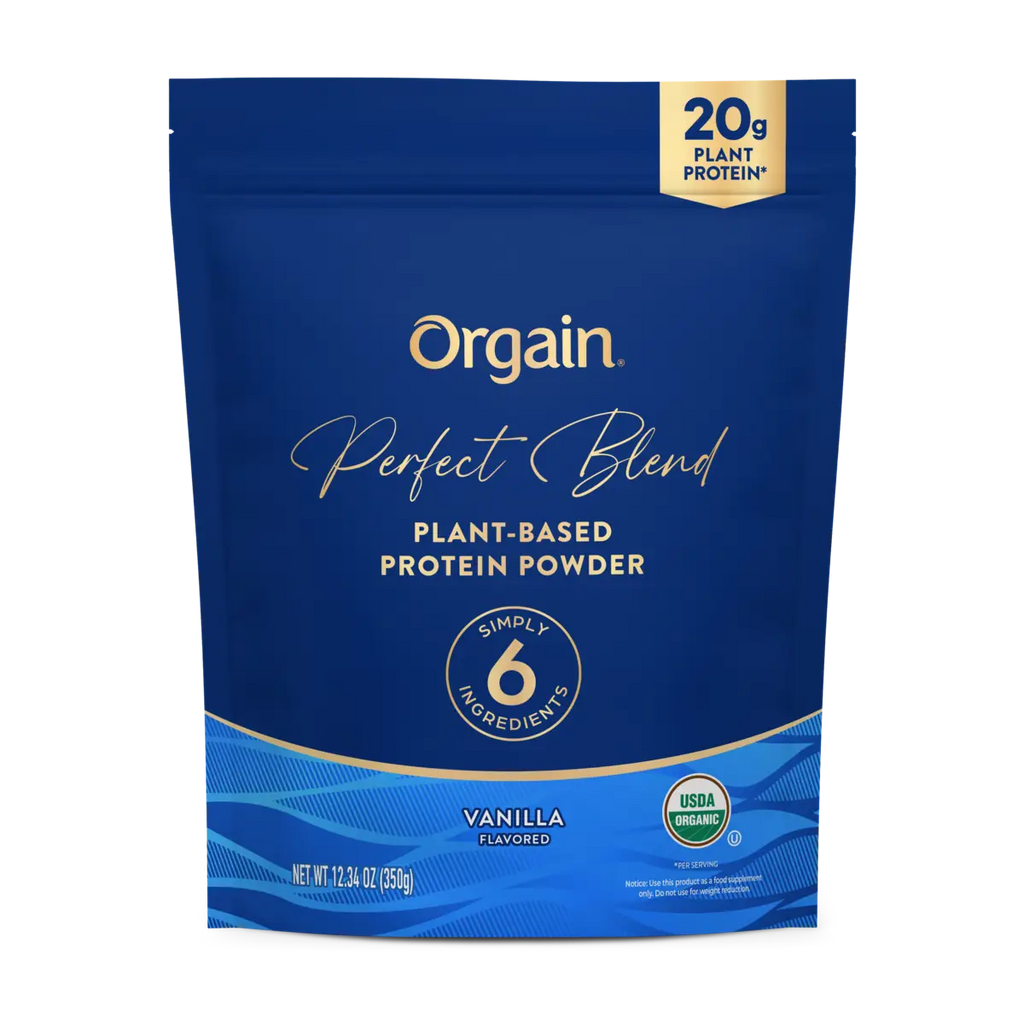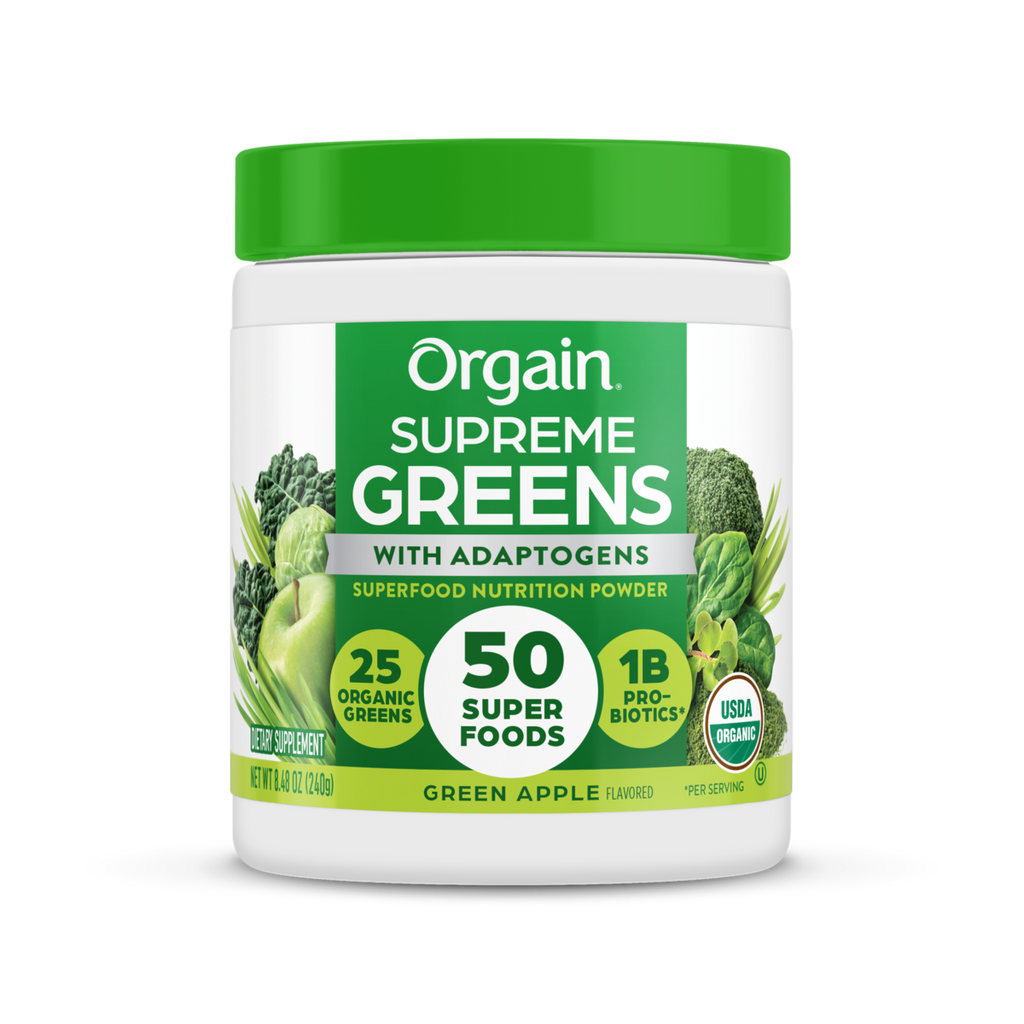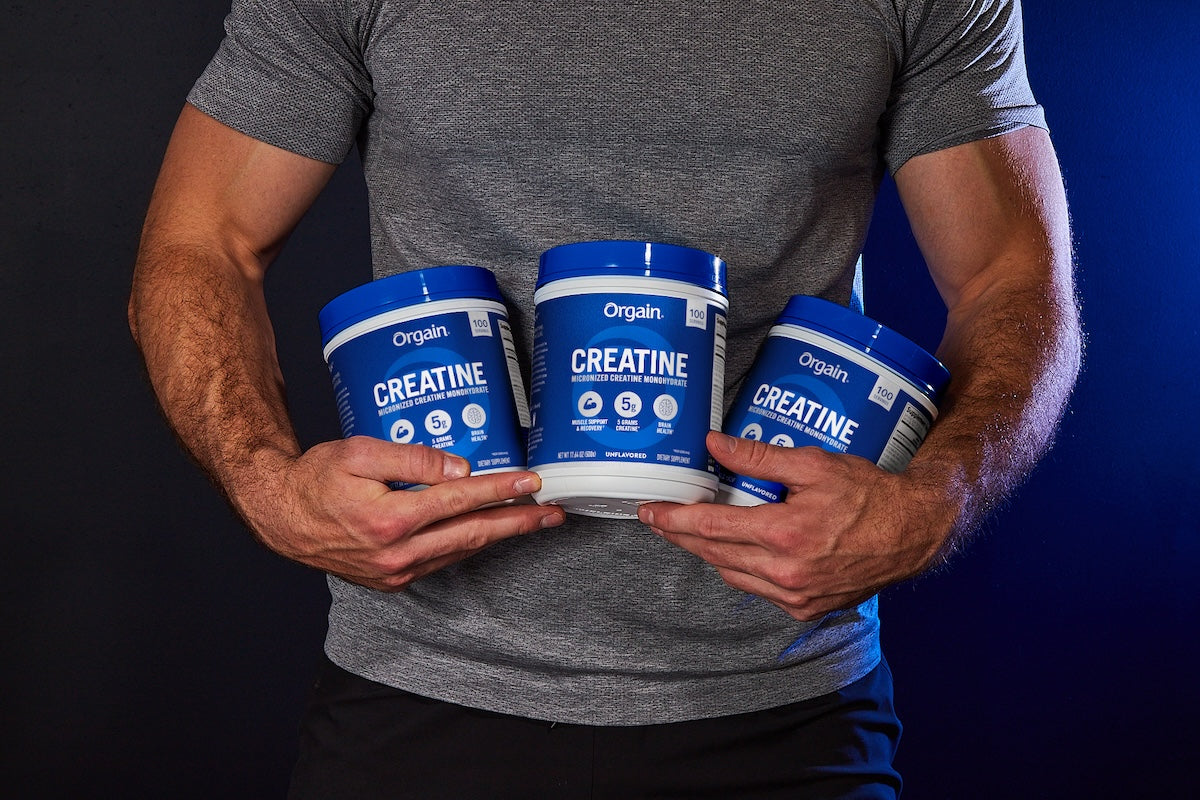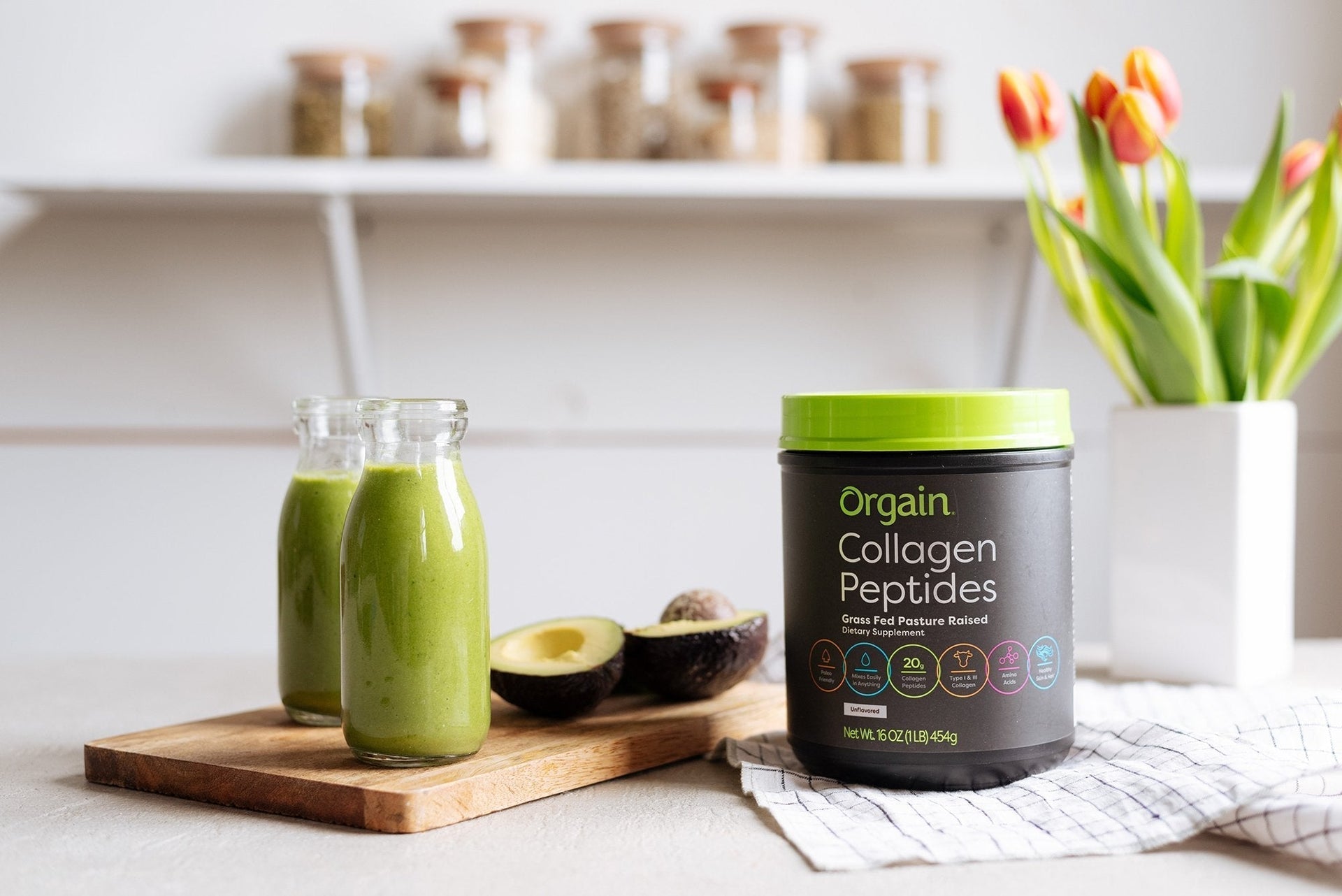If you’re looking to improve your body composition and drop excess body fat in the new year, you’re certainly not alone. Your diet plays a major role in whether you lose or gain weight, but it can be confusing to know exactly what nutrients your body needs in order to feel and look your best.
You may have heard that consuming enough protein is important in order to meet your health and wellness goals, but conflicting information is sometimes presented about protein and its effects on your weight. So, can protein make you gain weight?
How Much Protein Should You Consume?
Your body needs protein in order to repair damaged cells and make new ones. While most people associate protein with the repair and building of muscle tissue, protein is also important for growth and development in children, teens, and pregnant women.
Protein is one of the three macronutrients your body needs to function properly, but how much protein do you actually need?
Your individual protein needs vary depending on your age, gender, and level of physical activity. The average sedentary person needs to consume about 0.8 grams of protein per kilogram of body weight per day, or about 0.36 grams per pound of body weight, in order to take in enough protein to meet the body’s needs.
However, people who engage in physical activity, including exercise and athletics, will need to take in more protein in order to provide their bodies with enough of the macronutrient to rebuild and repair muscle tissue after a workout.
Can Protein Make You Gain Weight?
Protein sometimes gets a bad rep when it comes to its use in weight loss. Because protein is used by the body to help repair and build muscle tissue, some people assume that protein can add extra bulk to your body. However, too much protein is rarely the culprit when it comes to weight gain.
While it’s true that excess protein can be stored by the body as fat (as can carbohydrates and fat), studies show that achieving a level of protein intake that causes excess protein to be stored as fat is very challenging.
A study from 2016 found that healthy men were able to intake five and a half times more protein than the daily allowance of 0.8 grams per kilogram of body weight and not gain any weight over the course of two months.
Therefore, while it is technically possible to store extra protein as fat, potentially causing weight gain, it’s unlikely.
Why Is Protein Sometimes Associated With Weight Gain?
While eating protein on its own isn’t likely to cause weight gain, protein is sometimes associated with weight gain because it is possible to improperly incorporate it into your diet.
For example, using an organic protein powder to create protein shakes or eating a protein bar after your workout can be an excellent way to give your body a protein boost after a tough workout. After all, your body needs protein in order to recover properly and start to rebuild and repair muscle fibers damaged during your workout.
However, some people add protein shakes or protein bars into their diet without adjusting the rest of their diet to account for the additional calories.
If you start consuming more calories as a result of trying to take in more protein, it is possible to gain weight, but this is a function of the increased calorie intake rather than the additional protein.
Protein supplements are also not created equally. Some protein powders, shakes, and bars contain large amounts of added sugars, carbohydrates, or fat. What starts as a healthy post-workout snack can quickly become a calorie bomb that adds unnecessary ingredients that are stored in your body as fat.
As a result, it’s important to choose your protein supplements carefully and look for formulas that minimize added sugar, carbohydrates, and fat. Regardless of which supplement you choose, make sure that you are accounting for the macronutrients as part of your daily dietary intake.
Research has established that adding protein to your meals can help you feel full for longer, potentially reducing the number of calories you consume later in the day. However, there are some situations where increasing your protein intake may not be helpful.
For example, a protein shake can serve as a meal replacement, which can be helpful in keeping your calorie count down and providing important macronutrients to fuel your workouts. However, some people do not feel as satisfied after consuming a shake compared to solid food, which can cause them to overeat later.
How Can You Increase Protein Intake Without Gaining Weight?
If you want to increase your protein intake in order to boost your post-workout recovery or improve your body composition, it’s possible to do so without gaining weight. The key is to be mindful of how your increased protein intake fits into your overall diet.
First, ensure that the majority of your protein intake is coming from lean protein sources, such as fish, chicken, lean beef, or plant-based protein like tofu. People who consume the majority of their protein through high-fat sources, including fat cuts of meat, cheeses, or full-fat yogurt, are more likely to gain weight as a result of their overall caloric intake.
If using protein powder, shakes, bars, or other supplements, make sure to include these supplements in your calorie count for the day. Every gram of protein contains approximately 4 calories regardless of its source. However, some commercial protein supplements contain fillers, fats, and carbohydrates in order to improve their taste.
To increase your protein intake without gaining weight, plan your meals around your protein intake and build from there. For example, choose a lean protein source like chicken breast and then add healthy carbohydrates and fats, such as brown rice, broccoli and avocado, to round out your meal. The protein should be the focus of the meal.
In addition to increasing your protein intake while monitoring your intake of fats, carbohydrates, and calories, spreading your protein intake out across a number of small meals throughout the day can also help to improve body composition and may help support weight loss.
Research shows that consuming five to six small meals per day (eating about every three hours) can help to reduce body fat and build lean muscle mass regardless of your physical condition.
Summary
Protein intake alone does not make you gain weight. Instead, consuming protein from lean sources without added sugars and calories can help improve body composition over time.
It is possible to gain weight when consuming the majority of your protein from high-fat sources, such as cheese or fatty meat, so it’s important to focus your meals around lean protein if body composition improvements are your goal.
If you choose to incorporate protein powders, shakes, or bars into your diet, choose organic sources that minimize added sugars, fats, and carbohydrates and make sure to account for the additional calories in your diet.
Need a little help finding the right protein? Explore Orgain’s massive collection of organic protein powders — we even have keto, meal replacement, plant-based, and more to accommodate diets, allergies, and lifestyles of all kinds.
Disclaimer: This is for informational purposes only and is not intended as individual or specific medical advice, nor is it intended to replace advice by your qualified healthcare provider. We strongly encourage consulting with a qualified healthcare provider about your interest in, questions about, or use of dietary supplements and what may be best for your overall health.
Sources:
